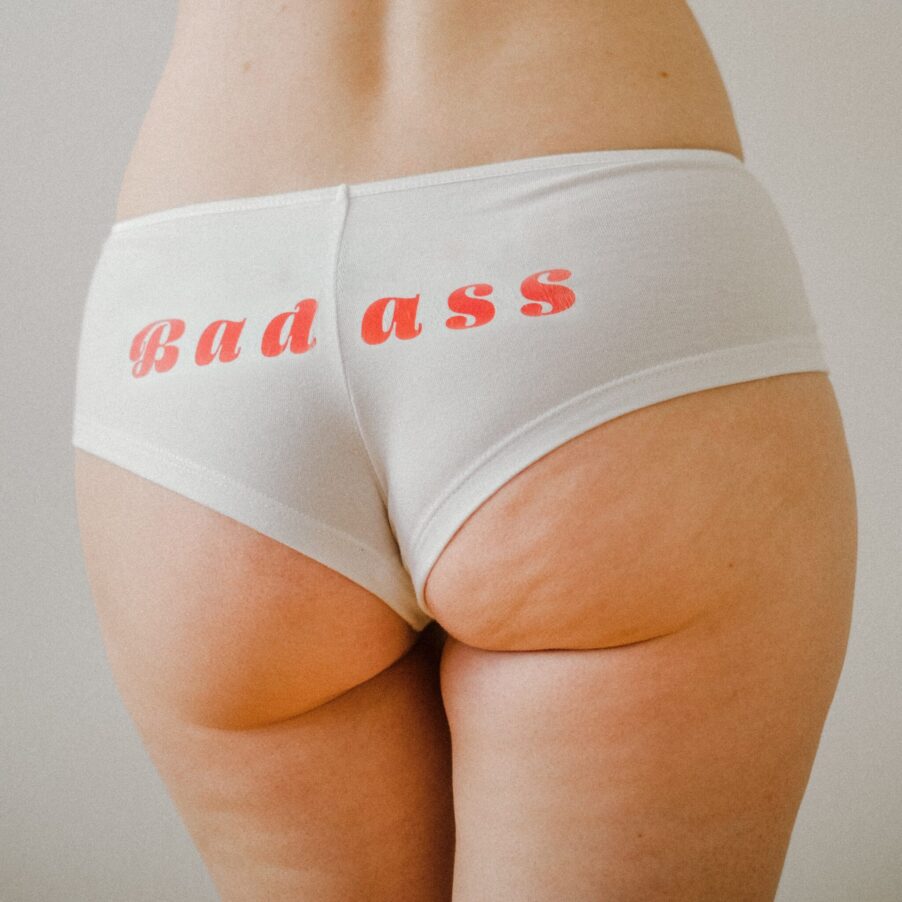Scrolling on your Instagram feed you have probably noticed that, instead of the usual model-look bodies, an increasing number of women are showing their stretchmarks, cellulitis and that they have gained a couple of pounds. All of this is part of the Body Positivity Movement and on social media, many brands are sponsoring it. But are they doing it well? And most of all, how is it impacting the way women choose to buy products?
Moved by these questions, I decided to carry out a research to understand what young girls think about Body Positivity and if the movement may influence them to buy certain products from certain brands. I was particularly interested in including the beauty industry in my study as it is the one that benefits the most from the desire to look beautiful and attractive.
From a young age, as women, we are constantly reminded of “the importance of beauty” and how essential it is to be viewed gorgeous and feminine. In other words, how important it is to be skinny, athletic with possibly long hair and no imperfections of any kind.
I think you know what I am talking about and I think you have noticed how this type of beauty is strongly shown in the media. We constantly see these model-like girls who, let’s say it, do not represent real-life women. I have observed that it is strongly highlighted the so-called “thin ideal”, the ideal slim female body and there is so much content related to “thinspiration” that is any visual or textual image intended to inspire weight loss.

The thin-ideal that makes us dissatisfied
If we are constantly bombarded by these images, how could we not be influenced by them? The constant glorification of these types of beauty has led to an internalisation of the “thin-ideal”. As a consequence, we tend to compare ourselves to the beauty portrayed in the media and, noticing that we are not like the standard, we then become dissatisfied, and we do everything in our power to become like the models.
Thankfully there has been a strong desire to differentiate the bodies shown in the media and to destroy the unrealistic way of how women should look. Several beauty brands are now increasing the number of media contents related to Body Positivity, focusing on including diverse body sizes and appearances. The issue, however, is that the majority of beauty brands are still showing certain standards that are not realistic! They might show diverse body sizes but not the so-called “imperfections” that come with them. They still filter the models shown.
Young girls want authenticity
The results of my research did not strike me at all. I discovered that modern female consumers do not believe in the majority of those brands. They do not consider the modern beauty brands authentic, real or moved by any desire to change the current society in a more inclusive and acceptive community. Young girls do not believe those brands anymore but above all, they don’t trust them. They don’t trust them because they still behave like all the other ones: they still choose to show certain prototypes, they still edit the photos and hide the imperfections.
As you may know, the loss of trust is not a good thing for a brand. No trust means no loyalty and no desire to buy. As I found in my study, even if young girls believe in the Body Positivity, they do not want to buy from brands that pretend to believe in it. Showing some sort of fake Body Positivity content does not make any difference. Beauty brands should do better. Maybe, they could take a leaf out of this pandemic reality where dark circles, pimples and grey hair are on the agenda.



